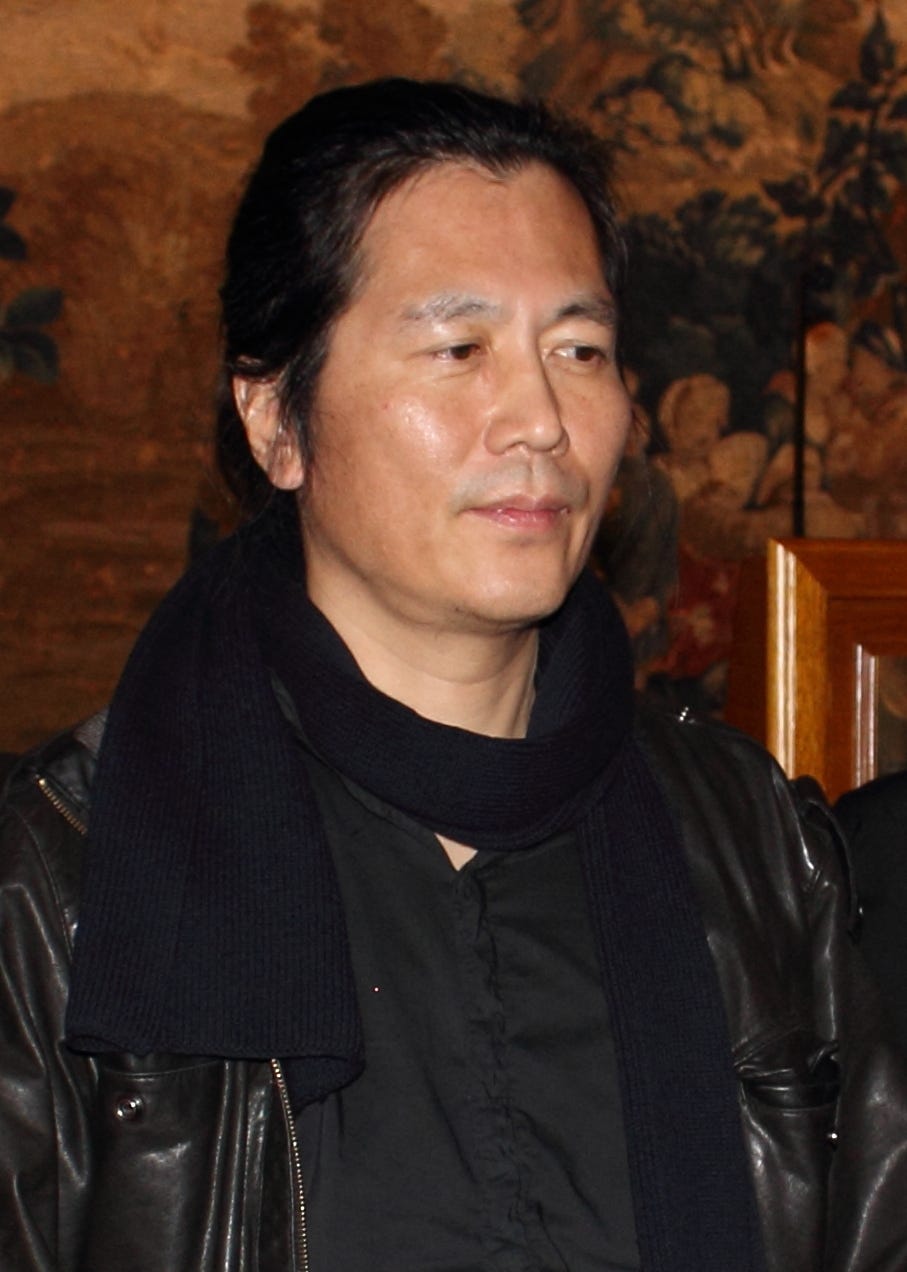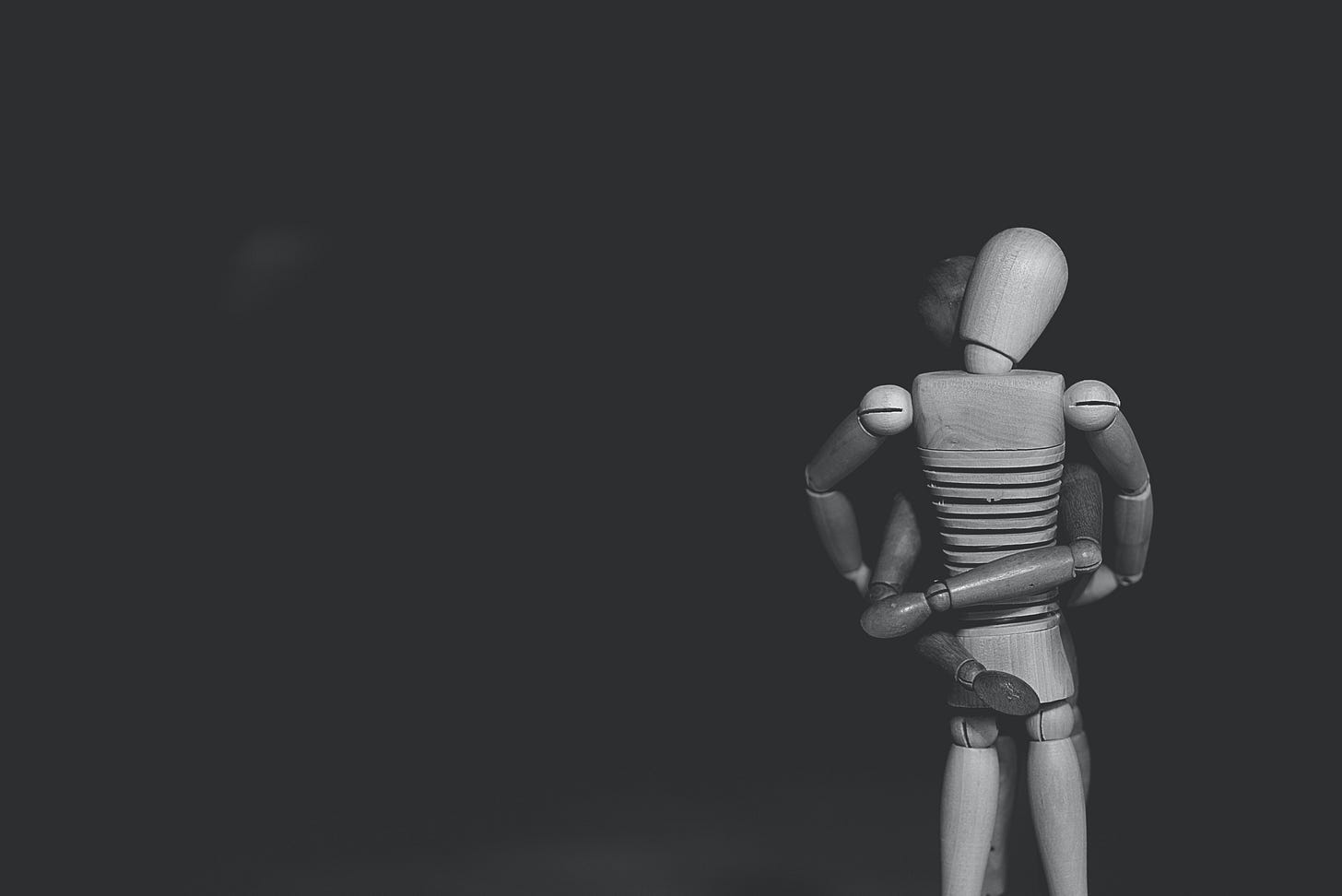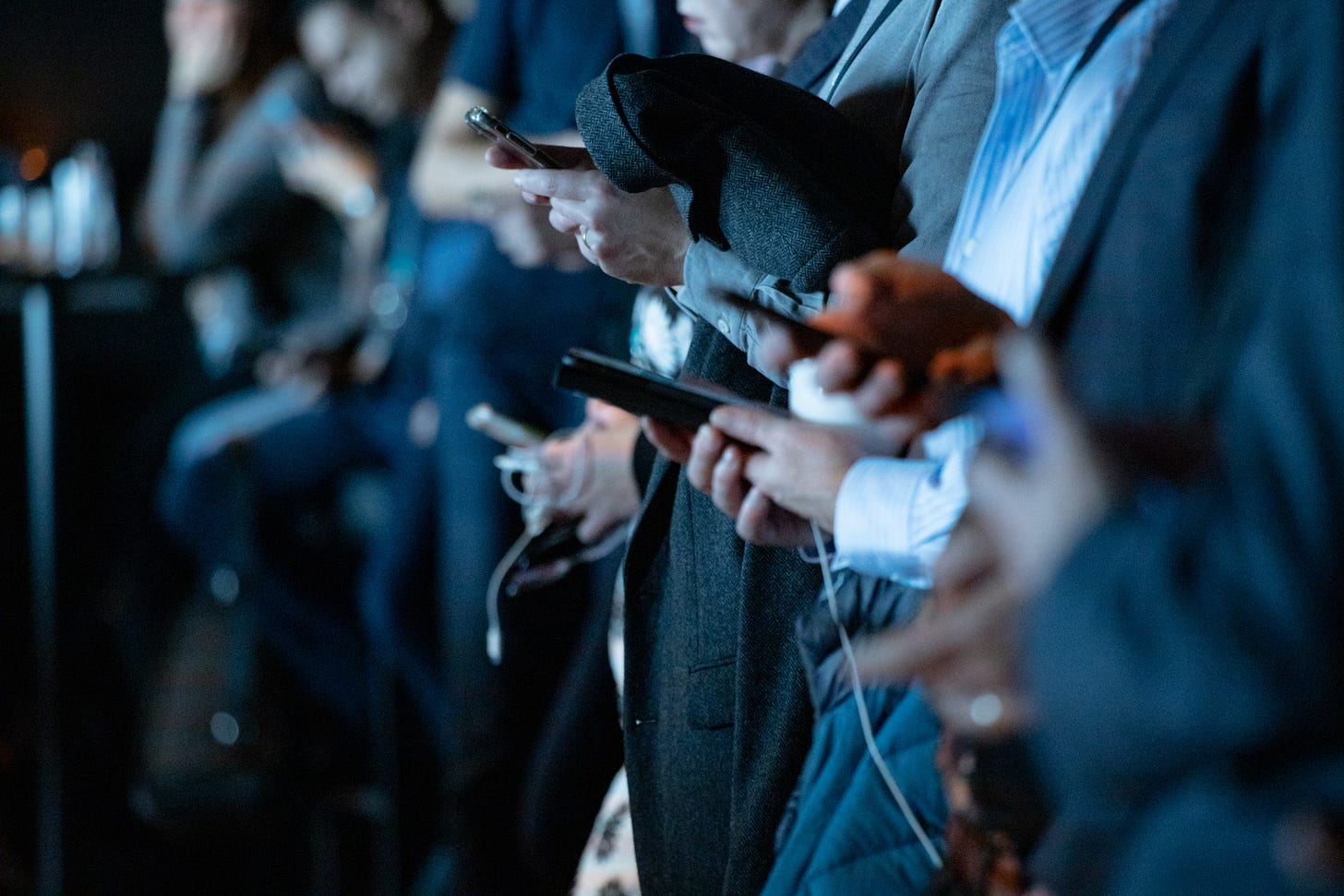Many of today’s luminaries are from South Korea. My students love K-Pop, my friends love K-Dramas. Even I, a board-certified curmudgeon, have started to pay attention to these things. The episodes and the songs are very well-produced; those singers and actresses are beautiful – but they represent some of the ugliest aspects of celebrity culture. Korean idols (what a revealing term) are often products of a highly-manufactured system that is drawing attention because of its exploitation and sex scandals.
The great 2019 film Parasite explored some of the darker sides of a society with an inordinate interest in wealth, but an even more piquant criticism of our current social and economic position comes from the Korean-born German philosopher Byung-Chul Han.
He was born in Seoul in 1959 and studied metallurgy before moving to Germany, where he read literature, philosophy, and theology, and wrote a dissertation on Martin Heidegger. Until recently, he refused to give any interviews. Eschewing the attitude of our celebrity and social media age, he’s reluctant to talk about his personal life.
But that hasn’t stopped him from becoming one of the biggest names in German philosophy. As much as Kant and Heidegger try to make you forget it, Germany has produced some great aphorists, writers who can critique the world with a quip. Mr Han’s terse style continues this tradition, and his work stands out amid a field of studied palaver.

His main concerns are the social changes that result from the transition to a digital society. An interesting, slim book on this topic (translated by Erik Butler) is Mr Han’s Psychopolitics: Neoliberalism and New Technologies of Power.
If you read a lot of political and social commentary, you’ll know that “neoliberalism” is responsible for almost everything wrong in the world right now. You’ll also know that the word is hardly ever defined. Mr Han does define it, sort of: “industrial capitalism has now mutated into neoliberalism and financial capitalism, which are implementing a post-industrial, immaterial mode of production… neoliberalism transforms workers into entrepreneurs.”
The first part is certainly true: Australia no longer makes anything, and its economy relies heavily on financial services. Is everyone being turned into an entrepreneur? Maybe. The dominant values today do seem to be those of the bureaucratic, management class. The highest achievement in life – according to this worldview – is to become the CEO of a successful, global company. But I don’t know how many people subscribe to this worldview. People of my generation (I was born in the ‘90s) are starting to realise something: even if you win the rat race, you’re still a rat.
Still, it’s hard to see the self-help books, podcasts, diet fads, supplements, people with “side-hustles,” and conclude that Mr Han is completely wrong. His brevity is a weakness, though. He could have mentioned that work, in our liberal-individualistic culture, is no longer a vocation (a calling) through which one serves one’s family and society. A vocation is now a “career,” a matter of self-improvement and self-fulfilment. On this model, pride and ambition are not only encouraged but necessary to achieve the goals of wealth and fame. According to the older model, you were successful if you could pay your bills and contribute something valuable to your community. Almost everyone can achieve this. On the careerist model, however, you’re “successful” to the degree that you’re wealthy, famous, or influential. If you’re not these things you’re a loser. But, by definition, only a few people can become famous or influential, leading many others to feel defeated and aimless – or to develop some sort of mental problem because they can’t keep up with the endless demand for self-improvement. What is supposed to heal you is hurting you. Hence, ours is a tragic age — even more so because no one reads tragedy.
Having considered this, we can return to Mr Han’s insight: in the entrepreneurial society, people who fail blame themselves rather than the politicians who have ignored them. Thus, no genuine resistance is possible. Even more troubling, genuine friendship is impossible – friendship is free of purpose, and so a waste of time to the entrepreneur, who is always thinking about how to defeat competitors. As Mr Han puts it, an abstract “Capital” exploits people for its own propagation: “individuals degrade into the genital organs of Capital.” The K-Pop idols I mentioned earlier often get cosmetic surgery so they can become more attractive, more eye-catching, more marketable.

This isn’t too different from what ordinary people do on social media, where everyone watches everyone else, and everyone is fighting for attention. For Mr Han, this recalls Jeremy Bentham’s Panopticon but is even more efficient and disturbing because its occupants collaborate in its mechanisms. Social media are brilliant at promoting conformity: the citizens spy and dob on each other. People freely confess everything about themselves and their endless self-transformations, but the only differences permitted are the ones that can be neatly packaged and sold. It’s always worth remembering that social media companies make money by selling your data.
At this point, a critic might object and say that technology is value-neutral and can be put to uses that are either good or bad. I would disagree: developing a new piece of technology is a goal-oriented process, and a piece of technology itself has certain functions, so that it can fulfil some goals more easily than others. Despite the supposed value of transparency, the goals of the tech companies themselves, however, remain opaque, especially as many of their functions are now done by AI systems.
Big Data was meant to herald a new age of transparency. I don’t deny that the huge increase in data sets and processing power have generated new analyses in many fields, but Mr Han sees nothing positive in this. He argues that, despite claiming to be free of values, “dataism” — the idea that everything should be measured and quantified — is an “ideology” leading to “digital totalitarianism” (his italics). He compares it to Dadaism, the artistic movement that rejected logic, sense, and context. Data have no narrative and no meaning. Sports fans will recognise how the recitation of pointless statistics has replaced genuine commentary and analysis. (“Since 1954, only two teams have won a game from a 12-point deficit while mercury was in retrograde, and the month’s average temperature was two degrees lower than average.”) Mr Han’s argument is that numbers alone give you no insights. Again, he could have elaborated: the decisions about what to measure, and what degree of measurement is sufficient, are value judgements. We’re not computers because we care about the data we process, and we use that data to achieve certain goals. Furthermore, data can’t capture tacit knowledge of knowing how to do something.

Mr Han is right to say, though, that the obsession with data is a form of servitude. With watches that record your temperature, heart rate, blood sugar levels, and so on, your performance and efficiency are measured even when you’re relaxing. (Your watch is watching you.) Everyone carries a smartphone to ensure that they’re continually thinking about how their lives compare to what they see on social media. Devoid of any ethical framework, this is simply a method of self-surveillance – except it’s recorded on a “cloud” so that companies can use this data to further influence your buying habits. Big Data combines the worst of Big Brother and Big Business.
How do we escape?
Mr Han’s last chapter is called “Idiotism,” where he gives a brief description of counter-cultural, idiosyncratic figures. He quotes Deleuze and suggests silence, quiet, and solitude, so that one can say what really needs to be said. In other words, take to heart the lyrics of Billy Joel’s song “Vienna”:
Slow down, you crazy child
And take the phone off the hook
And disappear for a while.
It’s alright, you can afford
To lose a day or two…
But why is Han so coy about this? Why does he cloak his suggestion in French theory? Because it’s unpalatable to modern academics. His answer is prayer.




For me, all of the issues you've mentioned have been known and been discussed since people learnt how to discuss.
The absolute love of money (as opposed to the need for money) is what's driving the worst aspects of post-capitalism. Capitalism used to, or should, mean to care equally for your customers, workers, and shareholders. Whereas now it must legally mean "a maximal return to shareholders". "I must not "share" my wealth. Instead I must take as much of yours as possible."
As soon as Australia runs out of things to dig up and sell in large enough quantities we won't be in a position to follow Norway's or Finland's lead (as politicians have been more busy buying votes than preparing for the inevitable) I suspect they'll be a diaspora.
It's not a new thing for each of us, an individuals, to think of ourselves as impotent. As individuals we have always had little to no power. What is new is that we, as individuals, believe it's impossible to join with other individuals and instigate any change. Our forefathers fought for their freedom and rights while we willingly frittered them away (and with it our dignity.)
As for statistics: there's lies, damn lies and then statistics!
Really enjoyed this piece William! Thank you (as I write this from my smart phone, which I should really replace for a dumb one)